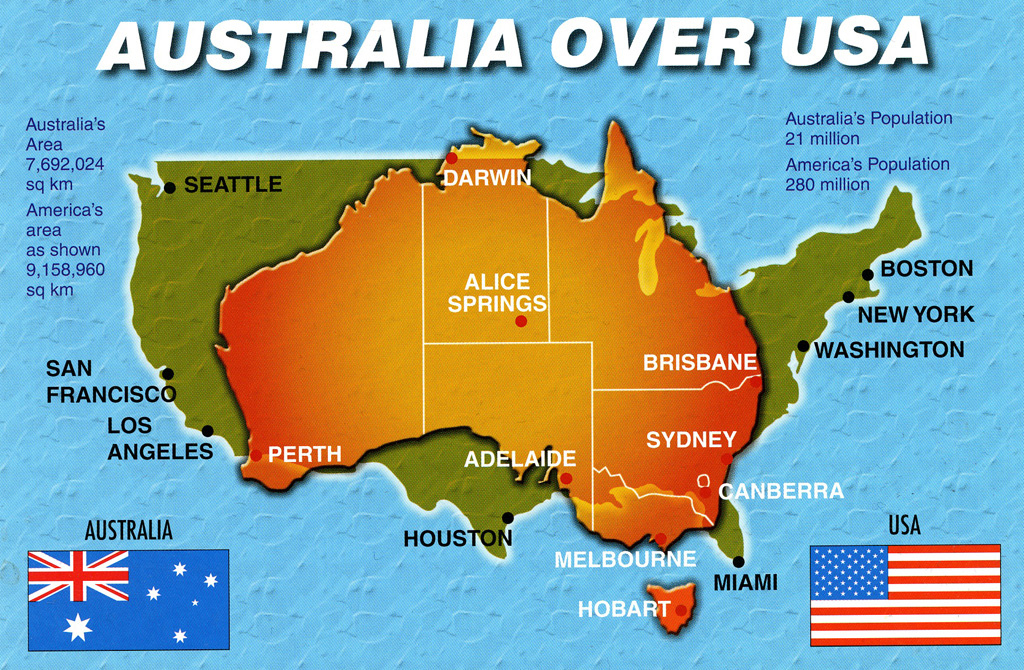When it comes to clothing sizes, understanding the differences between Australia size and USA size can be quite confusing for many consumers. This article aims to clarify these differences and provide a comprehensive guide to help you navigate through the sizing charts. Whether you are shopping online or in-store, knowing these size disparities can enhance your shopping experience and ensure better fitting clothes.
Australia and the United States use different sizing systems, which can lead to miscommunication and frustration when purchasing apparel. For instance, a size 10 in Australia may not correspond to a size 10 in the USA. In this article, we will delve into the intricacies of these sizing systems, providing a thorough comparison and practical tips for consumers.
By the end of this article, you will have a better understanding of how size conversions work between Australia and the USA, enabling you to make informed decisions and avoid the pitfalls of size discrepancies. Let’s explore the size differences and how to accurately convert them!
Table of Contents
- Understanding Sizing Systems
- Australia Sizing System
- USA Sizing System
- Size Conversion Guide
- Tips for Shopping
- Common Size Mistakes
- Impact of Sizing on Clothing
- Final Thoughts
Understanding Sizing Systems
The sizing systems in Australia and the USA are not only different in numbers but also in standards of measurement. The Australian sizing system tends to be more straightforward, while the USA system is more varied and can differ significantly from brand to brand.
In general, the Australian sizes are measured based on body measurements in centimeters, whereas the USA sizes are often based on a combination of body measurements and fit preferences.
Australia Sizing System
The Australian sizing system is relatively simple, using even numbers to denote sizes. Below is a quick reference table for women's clothing sizes in Australia:
| AUS Size | US Size | UK Size | EU Size |
|---|---|---|---|
| 6 | 2 | 6 | 34 |
| 8 | 4 | 8 | 36 |
| 10 | 6 | 10 | 38 |
| 12 | 8 | 12 | 40 |
| 14 | 10 | 14 | 42 |
USA Sizing System
In contrast, the USA sizing system can be more complex due to the variety of brands and styles available. Sizes are often labeled as small (S), medium (M), large (L), and extra-large (XL), in addition to numerical sizes. Here is a reference table for women's clothing sizes in the USA:
| US Size | AUS Size | UK Size | EU Size |
|---|---|---|---|
| 2 | 6 | 6 | 34 |
| 4 | 8 | 8 | 36 |
| 6 | 10 | 10 | 38 |
| 8 | 12 | 12 | 40 |
| 10 | 14 | 14 | 42 |
Size Conversion Guide
To simplify the shopping process, here is a conversion guide for both Australian and USA sizes. This guide will help you understand what size to choose when shopping internationally:
- Australia 6 = USA 2
- Australia 8 = USA 4
- Australia 10 = USA 6
- Australia 12 = USA 8
- Australia 14 = USA 10
Tips for Shopping
When shopping for clothes, especially online, consider the following tips to ensure a good fit:
- Always check the size chart provided by the retailer.
- Look for reviews that mention fit and sizing.
- Consider the fabric and cut of the clothing, as these can affect how the garment fits.
- When in doubt, opt for a size larger; it’s easier to tailor down than up.
Common Size Mistakes
Many shoppers make mistakes when it comes to size conversion. Here are some common pitfalls to avoid:
- Assuming that all brands follow the same sizing standards.
- Neglecting to measure yourself before shopping.
- Ignoring the return policy of the retailer.
Impact of Sizing on Clothing
The impact of sizing discrepancies can have significant effects on consumer behavior. Poor fitting clothes can lead to dissatisfaction, increased returns, and a negative shopping experience. Brands that are aware of these differences often take measures to provide accurate sizing information to prevent these issues.
Understanding these sizing systems not only benefits consumers but also helps brands cater to their audience more effectively.
Final Thoughts
In conclusion, knowing the differences between Australia size and USA size is essential for a successful shopping experience. By familiarizing yourself with the sizing charts and conversion guides, you can make informed decisions that will lead to better fitting clothes. Always remember to check the size chart and consider the brand's specific sizing to ensure the best fit.
We invite you to share your experiences in the comments below and let us know if you found this guide helpful. Don't forget to share this article with your friends and family who may benefit from it! Happy shopping!
Thank you for reading, and we hope to see you back on our site for more insightful articles!


